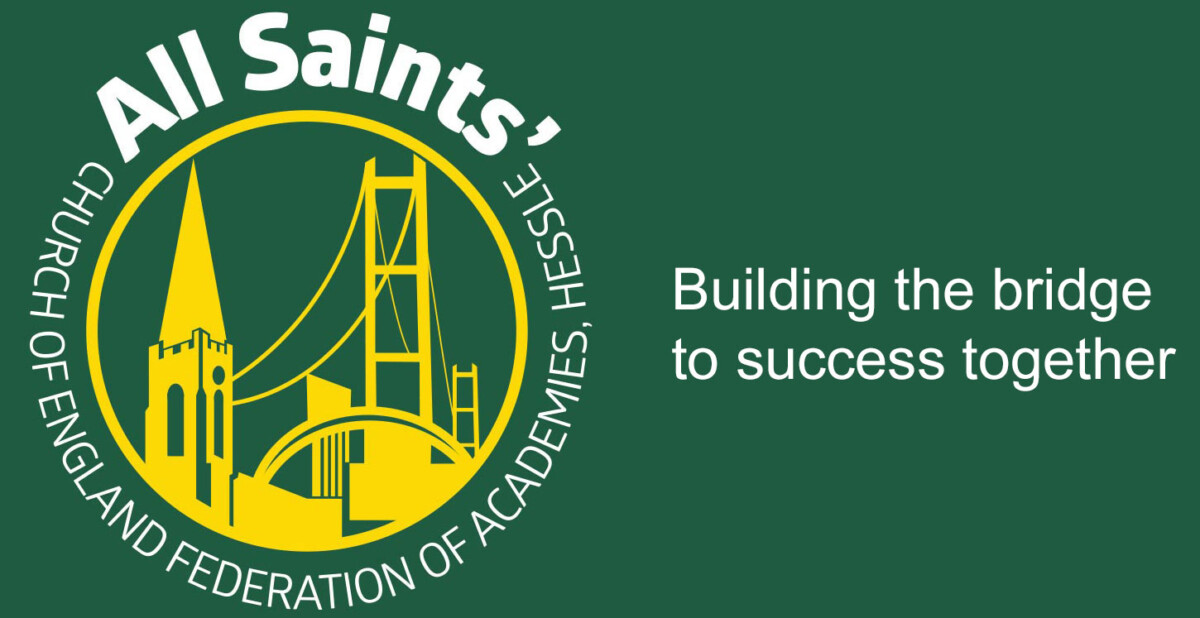Maths Intent Statement
As mathematicians we aim to be fluent in reasoning and problem solving as we approach challenges with confidence and independence. Our vision is that children will be fluent in the basic skills of mathematics including additive facts and multiplication facts. They will be able to apply these facts to enable them to reason mathematically and solve problems. They will show perseverance when solving both routine non-routine problems and have the self belief that they can develop an in-depth knowledge of mathematics. In EYFS, we …….. By the time they leave us in Year 6, children will have covered the topics of number, place value, addition, subtraction, multiplication, division, fractions, decimals and percentages, measurement, geometry, statistics.
What does maths at All Saints’ CE Federation look like?
At All Saints’ CE Federation we use a mastery approach (we develop fluency without resorting to rote learning and enabling children to solve non-routine maths problems without having to memorise procedures) and the CPA (concrete, pictorial and abstract) Approach. Children are introduced to a new topic with concrete apparatus, they are then shown the new concept through visual representations and finally they move into the abstract.
Each lesson is delivered using a six part structure
| Fluent in 5 | Children are given 5 minutes to complete 5 basic skills questions. These will mainly focus on the 4 operations of addition, subtraction, multiplication and division and will encourage children to use mental methods where possible. |
| In Focus | Children briefly use a skill which will feed into the maths lesson. They have the opportunity to explore this concept using concrete apparatus and pictorial representations if they wish to use these. |
| New learning | The children will be introduced to the objective of the maths lesson. |
| Guided Practice | Children will work with a partner to complete an activity linked to the maths lesson. The teacher will acknowledge during this time who the struggling learners are and provide these children with scaffolding for the session and also who the rapid graspers are and ensure that these children are challenged during the session. |
| Independent Learning | Children will work on an activity on their own. The questioning within the activity will get progressively harder and rapid graspers will be asked to start further down in the questioning in order to allow them to be challenged through reasoning and problem solving activities. All children will access reasoning and problem solving activities by the end of the lesson and |
| Plenary | The aims of the lesson are reviewed and children’s learning is consolidated. |
Basic skills
Additive facts
By the end of year 1, children should know the answers to the additive facts within the ladder. They should not have to count on their fingers to answer these questions but should instead know the answers off by heart or be able to use a strategy to help them answer the question. By the end of year 2 all children should know the additive facts within the grid. Once children are confident with these facts, they will learn the subtraction facts which go with them.

Times Tables
By the end of year 4, children should know all of their multiplication facts up to 12 x 12. All year four children have their multiplication skills formally tested in the Summer Term of Year 4. The Multiplication Tables Check (MTC) was officially announced by the Department for Education (DFE) in September 2017.
.
How will the children be tested?
- Children will be tested using an on-screen check (on a chrome book), where they will have to answer multiplication questions against the clock.
- The test will last no longer than 5 minutes and is similar to other tests already used by primary schools. Their answers will be marked instantly.
- Children will have 6 seconds to answer each question in a series of 25.
- Questions will be selected from the 121 number facts that make up the multiplication tables from 2 to 12, with a particular focus on the 6, 7, 8, 9 and 12 times tables as they are considered to be the most challenging. Each question will only appear once in any 25-question series, and children won’t be asked to answer reversals of a question as part of the check (so if they’ve already answered 3 x 4 they won’t be asked about 4 x 3).
- Once the child has inputted their answer on the computer / device they are using, there will be a three-second pause before the next question appears.
How can you help your children at home?
- Completing 3 basic skills sessions with them each week and recording these in their orange Basic Skills booklets. Activities could include:
- Practicing using TT Rockstars at home, singing times tables songs,
- Practising times tables in order or in a song.
- Playing games based around their additive facts and times tables facts
- Asking your child multiplication questions out of order – such as ‘What’s 11×12? What’s 5×6?’
- Asking your child additive facts questions
- Using arrays to help your child memorise times tables – you can use fun objects like Smarties or Lego bricks to make it more entertaining.
Useful websites
https://www.ncetm.org.uk/ this is a government funded body teaching for mastery maths. This can be used for all year groups and Number Blocks, which is used in EYFS can be found here.
Calculation Policy (to follow soon)
Click on the links below for year group objectives and progression of basic skills



